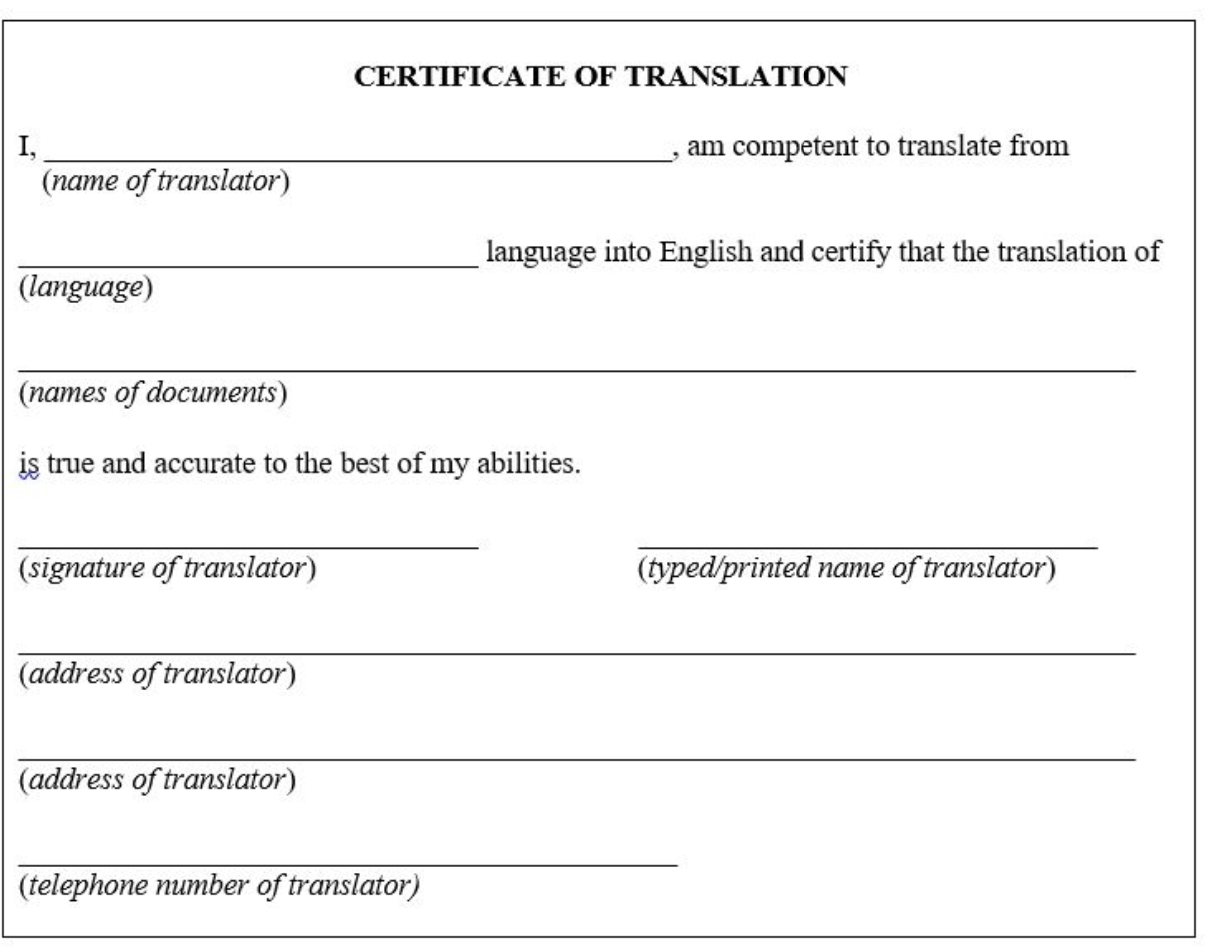Thank you for your inquiry. While it could be argued there is now some level of familiarity with the role of interpreters in the courtroom, there is much less awareness with the role of translator in this regard1. There are many types of witnesses who can be called to testify. Indeed, requesters themselves can find it challenging to clearly define them. In general, non-expert witnesses who are subpoenaed receive only minimal compensation, whereas expert witnesses set their own professional fees. In this case, the requester failed to state the intended purpose of the translator’s testimony. In the vast majority of situations, translators are expert witnesses, as they are providing opinions about the accuracy of a translation. They should be treated as such by any requesting party.
What can this translator do?
-
Offer to execute a certificate of translation. This may eliminate the need to show up in court to state, on the record, that you were indeed the translator.
-
Remind them of the initial terms under which you accepted the translation assignment: restate your fees for appearing in court as an expert witness (travel, compensation, etc.).
-
If the requesting party rejects the terms, it would be up to them to determine their legal options, if any.
-
If you are ultimately compelled by subpoena to appear, you may wish to consult an attorney to review your options.
As a reminder for all of us, here are some best practices when accepting translation assignments for evidentiary purposes.
Your estimate should include how much you would charge for a draft translation, a reviewer, certificate of translation2, hourly rate for expert-witness testimony, travel fees, accommodations, per diem, cancellation fees, etc. The requester may initially want only a draft translation, but it’s wise to inform them of potential future costs.
Because court cases can last for many months/years, keep all correspondence and be prepared to resend the original terms when the requester asks for something more.
____________________
1Rocco Loiacono, “The translator as an expert witness in court,” The International Journal for Translation and Interpreting Research, Translation & Interpreting vol. 14 no. 1 (2022), https://journals.transafti.org/index.php/IJTI
2Sample certificate of translation, Executive Office of Immigration Review, US Department of Justice, https://www.justice.gov/eoir/reference-materials/general/shared-appendices/g

Resources:
Martin Cross, “Best practices in translations for legal evidence,” The ATA Chronicle (April 2015), https://www.atanet.org/wp-content/uploads/2020/10/4404_11_martin_cross.pdf
Martin Cross, “Evidentiary translation for U.S. Courts,” The ATA Chronicle (January 2018), https://www.atanet.org/resources/evidentiary-translation-for-u-s-courts/